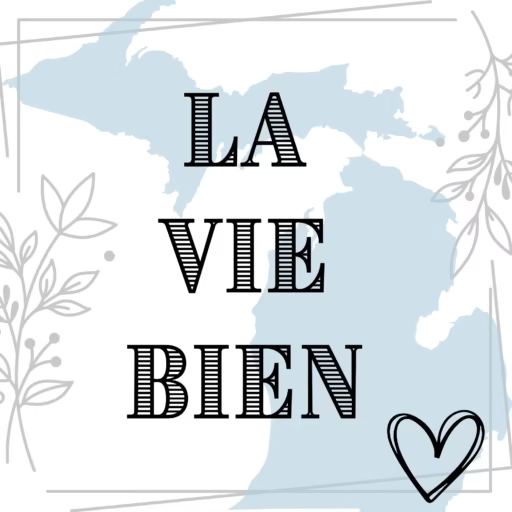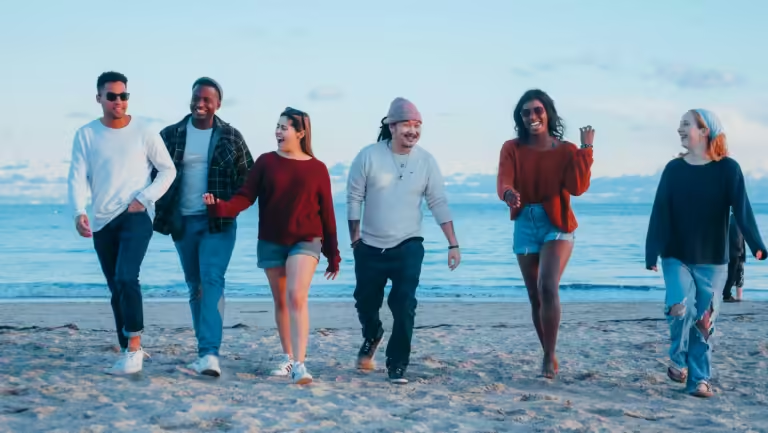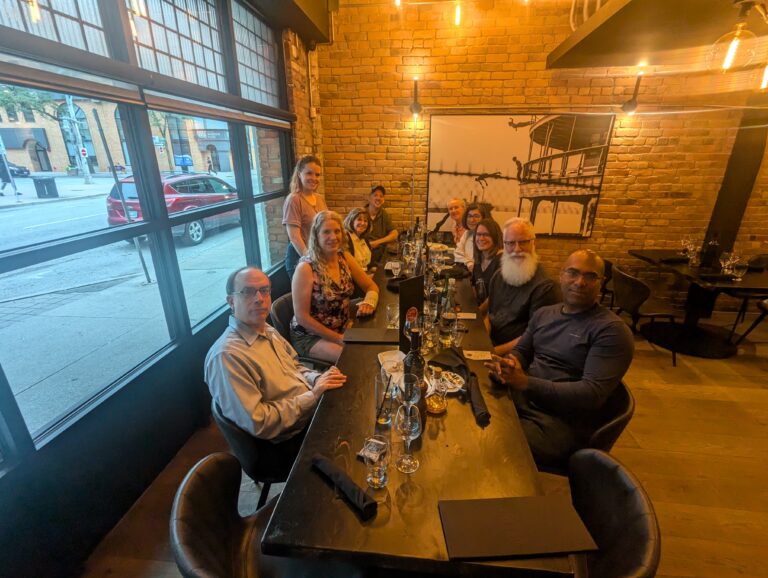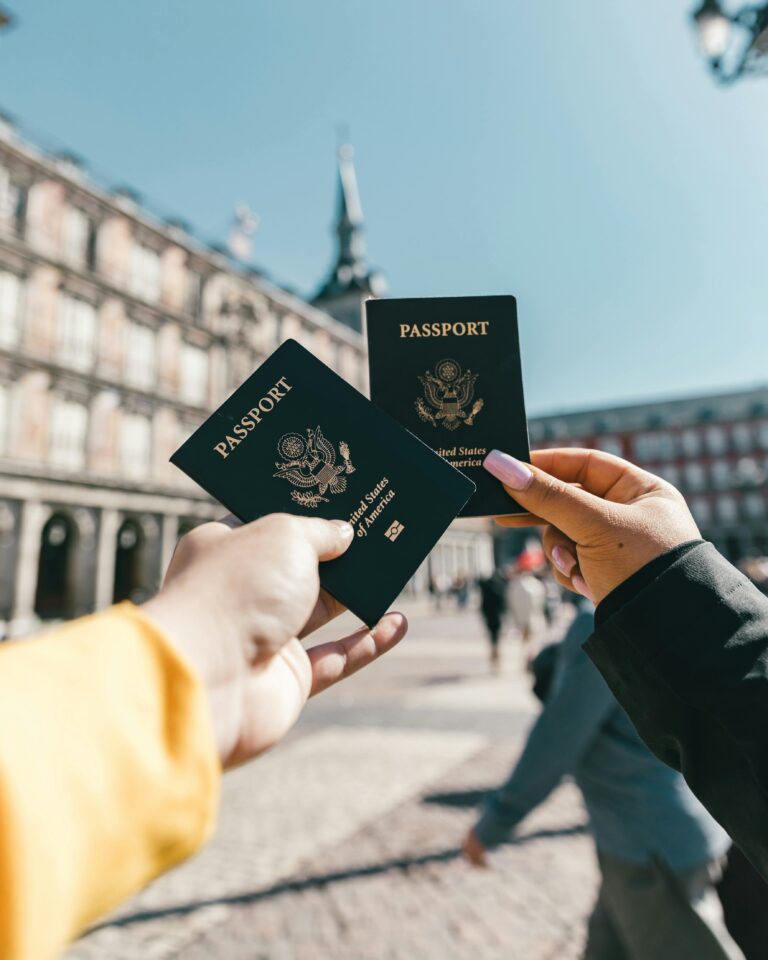Language basics for International Travel
You’ve got a trip coming up next year and it’s a country you’ve never visited. You don’t speak the language, and you’re worried about how to get around and what you might need to learn in order to feel comfortable in a foreign environment. What are some ways you can prepare for your voyage? I list my top 6 techniques that I adopted prior to my first visit to France, before I became fluent, which helped me immensely. (This page contains affiliate links).
Top six ways to prepare yourself
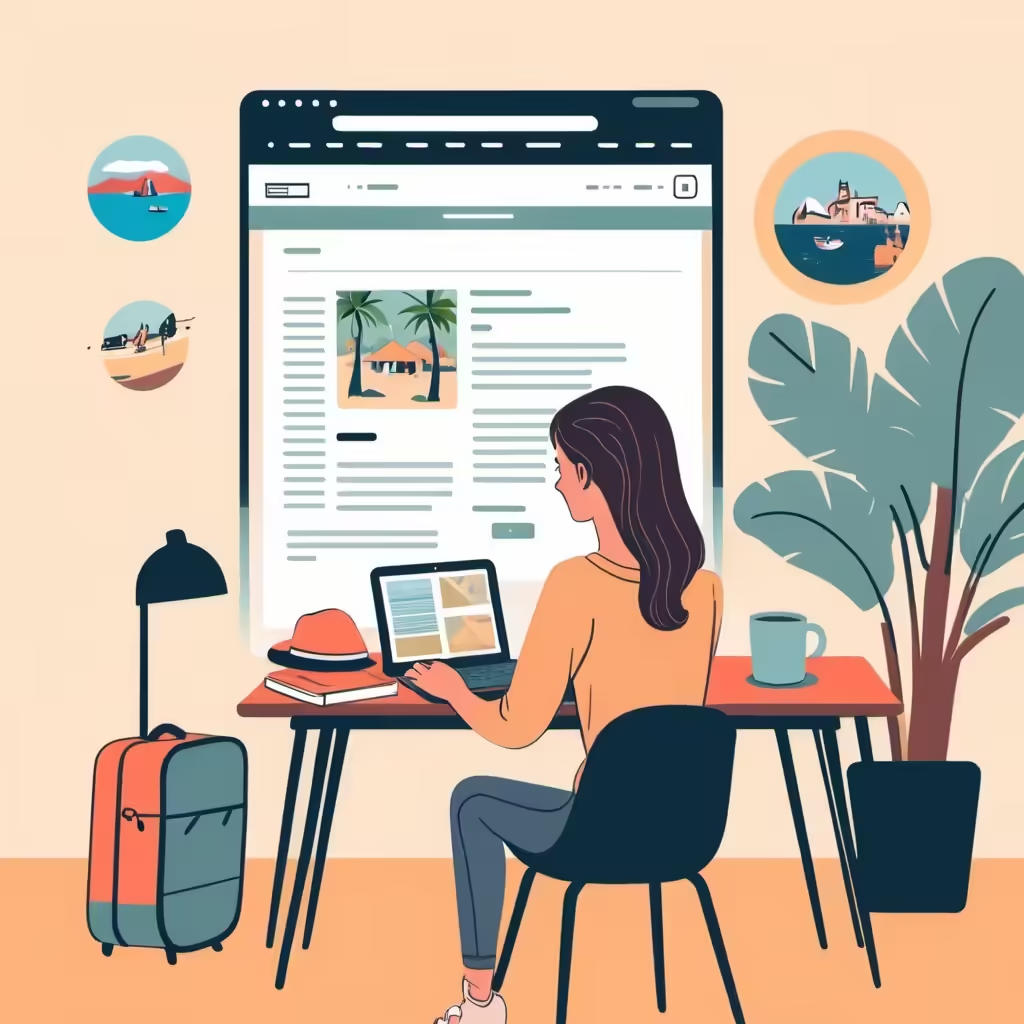
1. Grab a pocket size notebook and a good pen.
One of the most important tools I had while studying abroad in France was the little pocket-sized notepad that I carried around with me everywhere I went. I did not leave my host family’s house without it. Every time I heard a word or phrase I didn’t know previously, I wrote it down, regardless of whether or not I knew how it was properly spelled, and when I had time later in the day, I would look it up online and write down the English translation. You can start using your notepad before you leave for your trip – start by writing some of the most important phrases you can think of and their translation, with the help of a good website such as Reverso Context or WordReference (both available also as apps on the app store). Alternatively, you can always purchase a separate phrase book specific to the language you are learning (example for French on Amazon), but keep in mind, this may not be as portable as having a pocket-sized notebook, so you may not want to bring it with you everywhere you go.
Some phrases that I recommend to help you get started:
- Help (me)/ I need help!
- Where is the nearest bathroom?
- Do you speak English? (Or your native language if not English)
- Where is the closest restaurant?
- I’m looking for…
- I’m a traveler.
- I am hurt!
- Where is the police station?
- Can you show me…
- How can I…
You may think of more, but this list could be a good start to get you going.
2. Buy a travel guide/book on the country you are visiting.

Reading up on the country you will be visiting is probably the most important task you will take on prior to your visit. Prior to my trip to France, I purchased two books, one for Paris (where I flew into and would stay several nights prior to my train ride out to the country where I would be living), and another for the country in general. Any book by Rick Steves is bound to be helpful – he also hosts many travel videos that can be watched or rented from your local library. Learn as much as you can about the country’s cultural norms to help minimize the culture shock after you arrive and settle in to your destination. Never, ever assume that anything you are used to in your home country will be the same where you are visiting. Keep an open mind and absorb as much as you can to be ready for the unexpected.
3. Join a language Meetup and attend as many meetups as you can.

It’s not quite enough to simply know about the cultural norms and the phrases needed to get around in your chosen country – you need to be able to speak the language, confidently and correctly, if you want to be understood, especially if you are travelling solo without a travel guide. The only way to help ensure your spoken and listening comprehension skills are up to par is by using the language with others who speak it. To do this, you can connect with others in your community by searching for a local Meetup in the language of your choice. In my case, there were several French language meetups within about 20-30 minutes of where I lived at the time, which, to me, wasn’t as convenient as having one in my hometown – so, I created my own French language meetup! This allowed me to practice my French twice a month with other Francophones in the community – some of whom cross the international border to join us. We don’t have any particular agenda when we meet – my only ask is that, regardless of skill level, members attempt to speak only in French while they are at the meetup. This allows beginners to listen and take notes while those of a higher skill level can carry on the conversation. My group, The Wandering Francophones, has been going strong since 2013.
4. Hire a tutor.
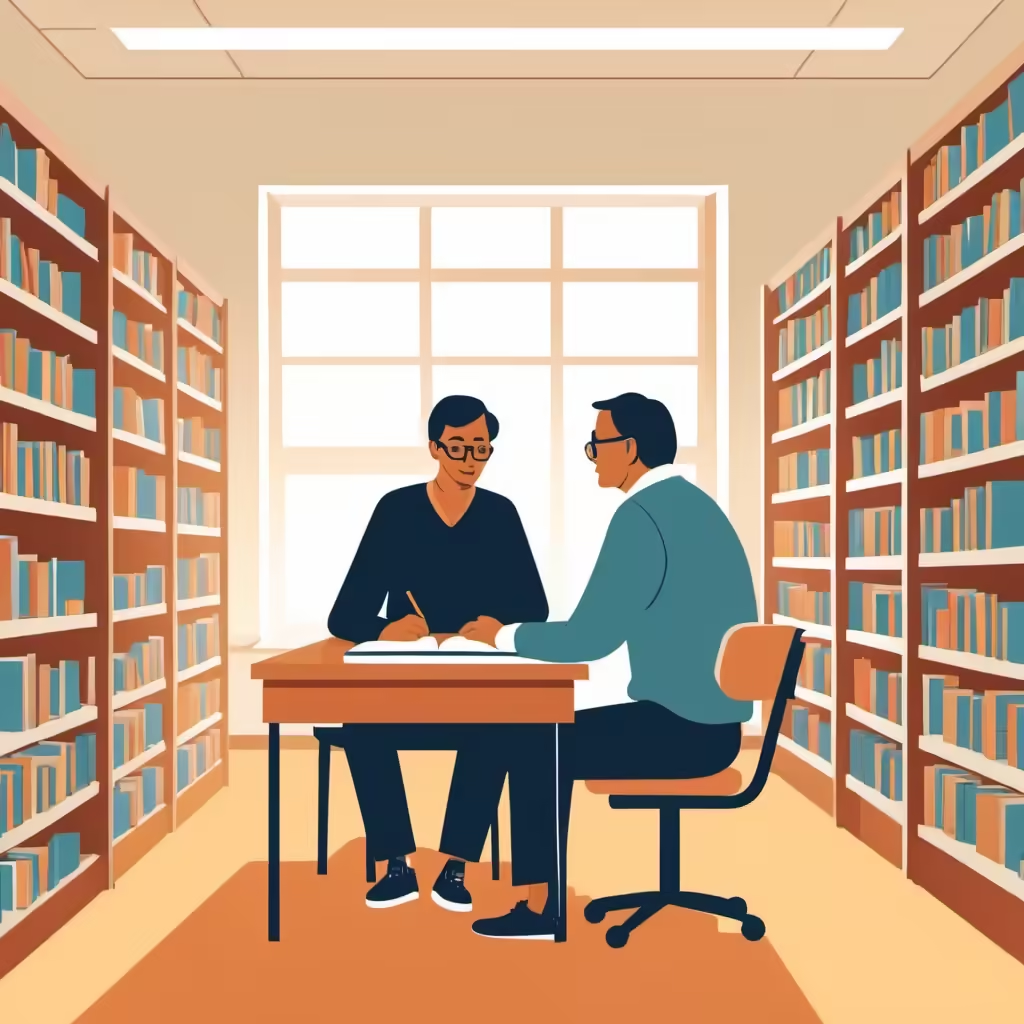
If you really want to level up your bilingual game, an excellent way to speed up the process would be to hire a tutor who fluently speaks the language you are looking to learn. There are some excellent platforms to start with, such as Wyzant, where you can search for a tutor to help you either online or in person. You might also find postings for language tutors at your local library on the bulletin board. Start with as many sessions as you can per month so that you are regularly getting to practice and learning the fundamentals of the language. If you aren’t attending a meetup yet, try studying with a tutor once a week until your trip. This should help you with all facets of learning the language – written, oral, and listening comprehension.
5. Listen to podcasts, radio stations, and watch TV shows in the new language.
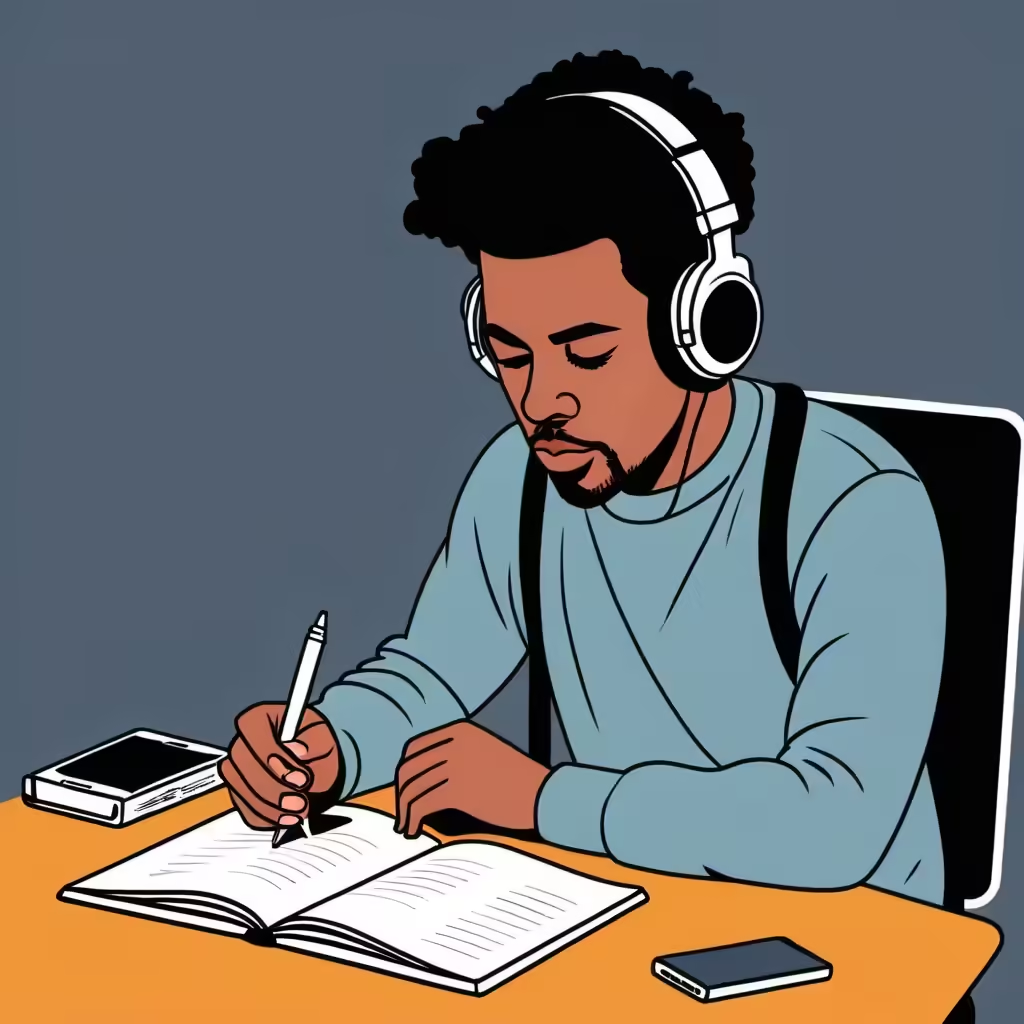
When you’re in the car on a long drive, doing some yard work, or any other household chore, loading a podcast or news radio channel in your target language is a fantastic way to allow your brain to adjust to hearing the new language. When you arrive at your destination, that language will be all you will be hearing (for the majority of the time) – so preparing yourself for that experience ahead of time will help you adjust to the new sounds. Keep that notebook and pen handy (not when driving, however!) so that you can get started writing down the words and phrases you’ve heard so you can look them up once you’ve got the time.
6. Buy workbooks and download worksheets and exercises to challenge your understanding.

It doesn’t take too much time to look for exercises and activities online for worksheets that will help challenge your knowledge of the new language. Checking out a place like Pinterest will give you plenty of different examples of worksheets and printables that you can print at home to help you get started! The bookstore will also be a great source of activity workbooks – check out the International section at your local bookstore, or see what you can find on Amazon – here’s one example for adults that may be of use (search for the language you’re learning + activity workbook for best results!).
These are some excellent and efficient ways to help you prepare to get around in a foreign country. This is not, however, an exhaustive list, by any means – there are so many different methods you can use to prepare! What are some ways you prepared to travel to a new country where the language was brand new? Share in the comments below!
